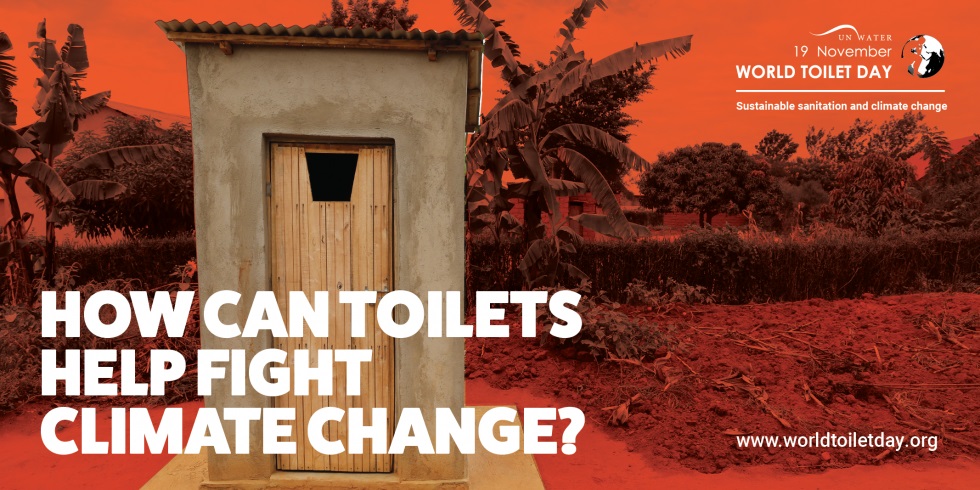World Toilet Day: Singapore public toilets more jialat than before, how ah?

Today (Nov 19) is World Toilet Day, a United Nations Observance Day which aims to raise awareness about the need for sustainable sanitation (aka clean and safe toilets) worldwide.
Unfortunately, despite our "clean and green" reputation, Singapore's toilets are one area that's sorely in need of improvement. According to a recent study conducted by SMU, our public toilets are dirtier than they were in 2016 – Ewwww!
The study, aptly named "Waterloo" (Ha. Ha.), surveyed 6,000 patrons from 104 hawker centres and 1,181 coffee shops across Singapore regarding toilet cleanliness, including other elements found in public toilets such as sinks, mirrors and rubbish bins.
Survey results indicate that the dirtiest public toilets are found in Tuas, Telok Blangah and Bukit Batok (better wait till you get home!). Conversely, Marina South has the cleanest public toilets, followed by Tanglin and Changi.
Generally, coffee shop toilets are way, way dirtier than hawker centre toilets. However, compared to a similar survey conducted in 2016, hawker centre toilets have experienced a dramatic decline in cleanliness standards.
Over 25 per cent of respondents said they were unwilling to use toilets at coffee shops and hawker centres, while three in five felt that the state of Singapore's toilets needs to be overhauled.
Okay, so that's REALLY gross, but is toilet cleanliness really important enough to have a day dedicated to it?
Well, yes. Think clogged toilets and broken taps are bad? There are 4.2 billion people worldwide who still lack access to safely managed sanitation.
The following text is taken from the World Toilet Day 2020 website.

The effects of climate change threaten sanitation systems – from toilets to septic tanks to treatment plants. For instance, floodwater can damage toilets and spread human waste into water supplies, food crops and people’s homes.
These incidents, which are becoming more frequent as climate change worsens, cause public health emergencies and degrade the environment.

4.2 billion people live without access to safely managed sanitation. Instead they often use unreliable, inadequate toilets or practise open defecation. Untreated human waste gets out into the environment and spreads deadly and chronic diseases.
Sustainable sanitation systems, combined with the facilities and knowledge to practise good hygiene, are a strong defence against Covid-19 and future disease outbreaks.

Globally, 80 per cent of the wastewater generated by society flows back into the ecosystem without being treated or reused. Wastewater and sludge from toilets contain valuable water, nutrients and energy. Sustainable sanitation systems also make productive use of waste to safely boost agriculture and reduce and capture emissions for greener energy.
So, the next time you use a public toilet, please do your part and clean up after yourself (and FLUSH!). Better toilet sanitation is an ongoing process, after all, and every person needs to play their part.
This article was first published in Wonderwall.sg.